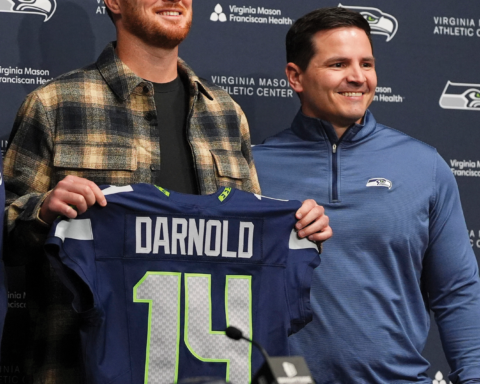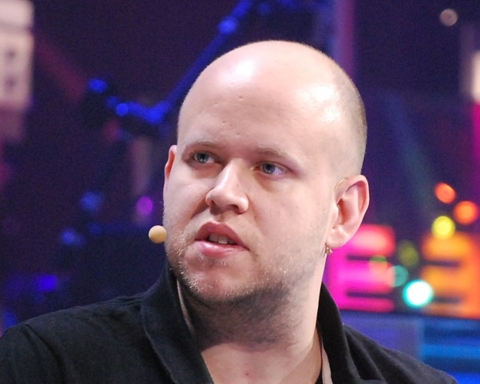By Emily Mulcahey
As St. Bonaventure hosted a plethora of local high-school-aged girls for another year’s Women in Sports Day, a day designed to promote what the world of sports can do for young women, I could not help but finally touch on an issue I’ve been waiting for all semester. This issue remains one of the most highly misunderstood and controversial to date, and yet is one of the most important. Don’t freak out.
Feminism. A word that, in recent years, seems to only cause cringing from men and women alike. There is an undertone of fear in saying the word, because the Women’s Rights Movement is associated with some of the most controversial and even violent protests in history. It’s because of this connotation, the true meaning of the word has gotten lost in recent decades. It doesn’t mean women are better than men, and a feminist is not a bra-burning wild woman, as too often the stereotype suggests. Feminism simply means equality between the sexes, and a feminist is anyone who supports that claim.
Go ahead, breath a sigh of relief. That’s all it means. Man, woman, transgender, anyone can be a feminist. Why now? Didn’t women achieve equality decades ago? They achieved more than they ever had, but the battle is far from won.
I say “they” achieved instead of “we” because I was not there when it happened. I see many women today say, “I’m not a feminist,” which of course is their right, but as they say it, I watch them reap the benefits that the feminists before them fought for them to have. I watch these “not feminists” attend college, pursue careers in any field, play sports, vote, and do a number of other things that they so obviously take for granted.
I say “they” when referring to the women who forged the path for me because I appreciate what they went through to get me where I am today. They were raped, beaten, and thrown in jail…they sacrificed everything so that I could have everything I do today, and so that I could proudly say I am a feminist, and never cringe away from the word.
The most common argument against equality by women themselves is that “it’s not a real issue in the United States, in some countries women can’t even drive cars.” To this, I honestly have too many different approaches. Perhaps there are women who really have never felt any oppression living here. Perhaps there are women who have never worked in a bar where a man grabs their backside instead of shaking their hand. Perhaps there are women who did not dream of becoming professional athletes when they were better than all the boys at sports, but knew that this dream could never come true. Perhaps there truly are women who have never felt unequal to their brothers, or some of their male friends. I am not one of them. I changed this graf around a little (the line about sports) PLEASE let me know if it doesn’t make sense—need a fresh pair of eyes!
Some women in other countries can’t drive cars. Some women in other countries are stoned to death by their husbands and fathers. Combine those two sentences. Should that really be our standard of equality? We can drive, so we should settle for less with everything else? No. I want to be paid the same, and I want to have the same opportunities. I want to be treated the same.
While the United States has seen leaps and bounds of progress in the way of equality, Americans need to know that when people advocate women’s equality, it is a worldwide issue. It is not centralized just to the United States. Feminists in the U.S. are not only fighting for progress on their own soil, but also for those girls who can’t drive and have to cover their faces in public. Feminists fight for equality across the globe.
Before bashing “those crazy feminists,” or before claiming to not be one yourself, open your eyes.





